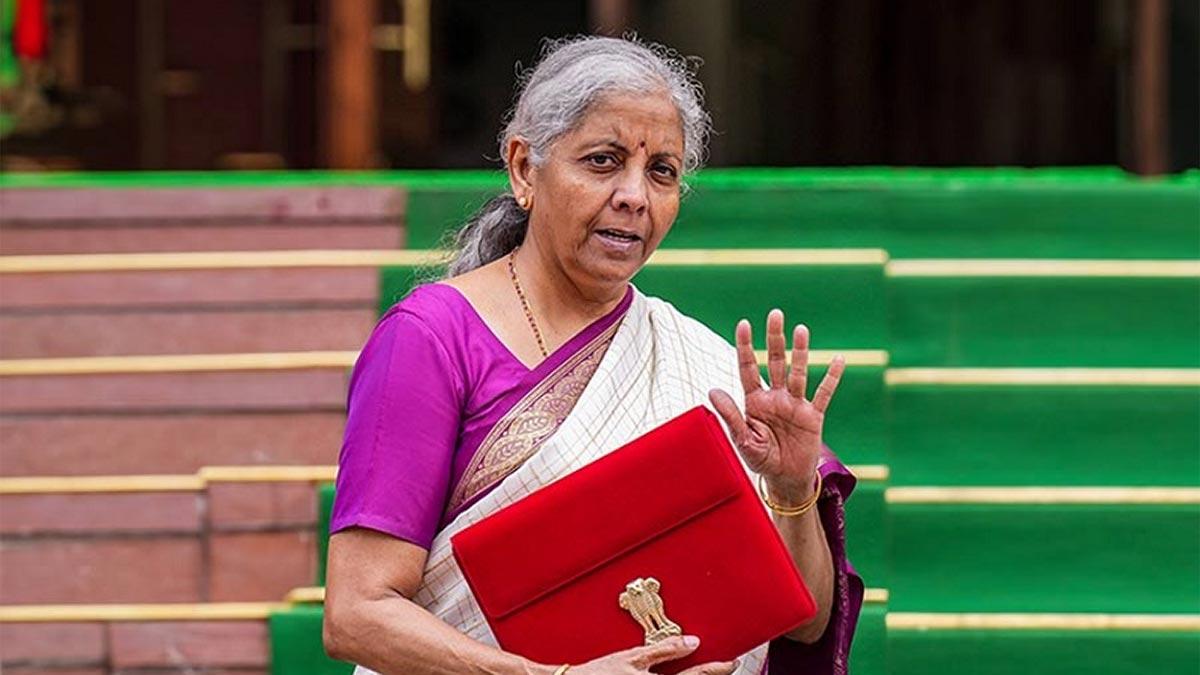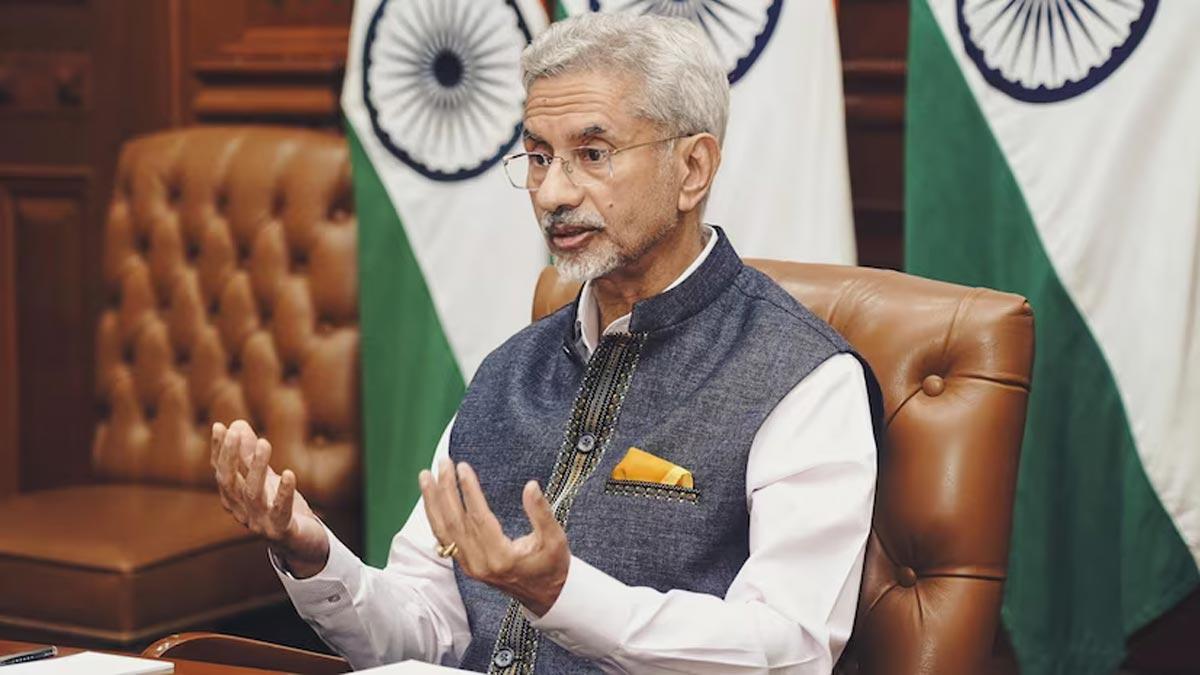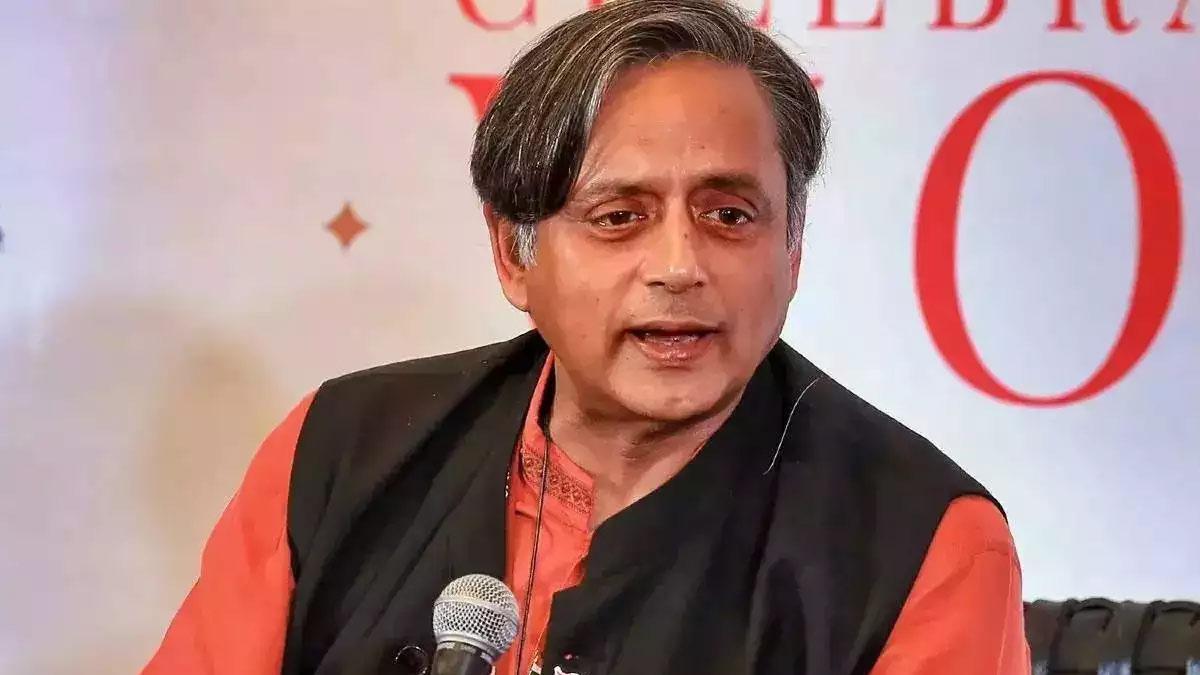Finance Minister Nirmala Sitharaman admitted the tariffs under contemplation by America may have some impact on India. But she assured that Commerce Minister Piyush Goyal is in talks with the Trump administration to address the matter, according to news agency ANI.
Addressing a post-budget function in Visakhapatnam, Sitharaman added that India is negotiating with the US to protect its export interests. She mentioned that a final call on India's strategy would be based on the outcome of negotiations.
"Tariff is something that has been spoken of by the US President. The Commerce Minister (Piyush Goyal) has already visited the US to meet with US officials, including the United States Trade Representative (USTR)," Sitharaman said at the event.
"We will see how the Commerce Ministry conducts talks with the US so that India's interests are represented well," she added.
Trump's Reciprocal Tariffs Strategy
On Wednesday, US President Donald Trump reaffirmed that reciprocal tariffs would take effect from April 2 against nations imposing high taxes on American products. However, Indian officials remain hopeful that ongoing discussions may lead to an exemption, possibly paving the way for a broader trade agreement by the fall.
Trump's tariff policy seeks to address unfair trade practices that are perceived to be non-monetary in nature, such as subsidies, VAT systems, and tariffs. The goal is to force foreign governments to lower tariffs on US exports or set up manufacturing bases in the US, thus stimulating local economic growth.
In spite of these objectives, Trump's tariffs on Mexico and Canada have shaken financial markets, reduced consumer confidence, and left businesses uncertain, possibly postponing hiring and investment plans. While the tariffs technically went into effect on Tuesday, Trump swiftly reversed some of them after a market decline. The temporary reprieve, to remain in place until April 2, has given some relief to the auto industry.
Trump has long justified tariffs as a source of revenue for the US government and a means to balance trade. In January, the US trade deficit jumped to a record $131.4 billion, up 34%, led by imports. While some blame the increase on gold imports, the data also suggest that companies might have been rushing in imports ahead of the tariffs.
Read also| Watch | "Waiting For Return Of Stolen Part Of Kashmir": S Jaishankar Calls Out Pakistan


















